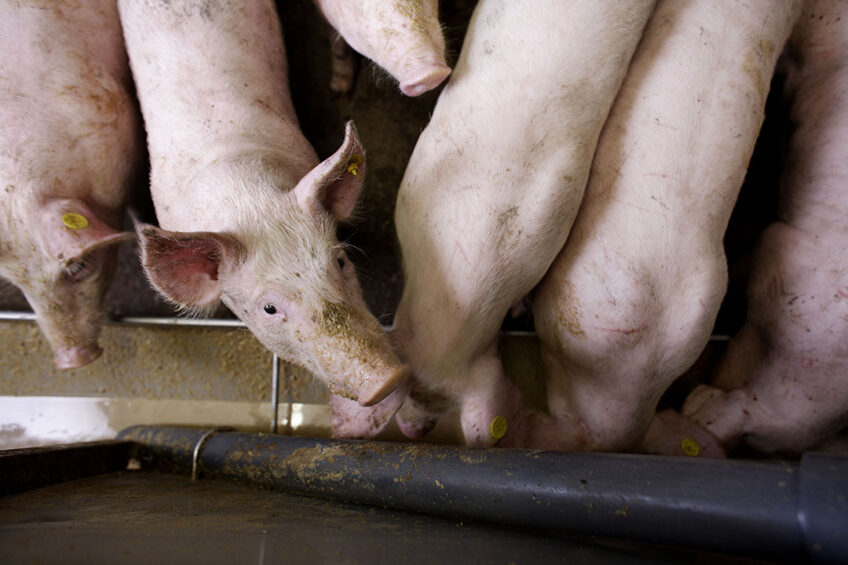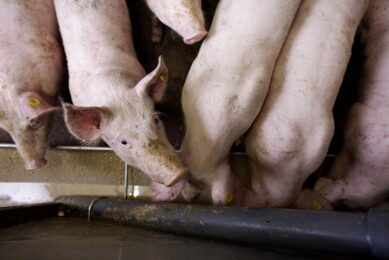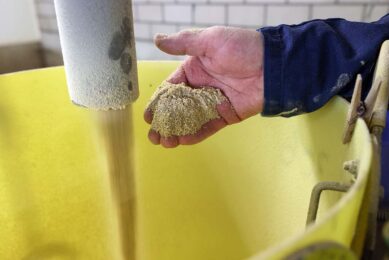What effects does the storage time of cereals have for pigs?

Do cereals in pig nutrition need a dormation period? Probably not, argues Dr Francesc Molist, pig nutrition expert with Schothorst Feed Research.
Now that the harvest of cereals has finished in many countries, it is important to understand the transition from old to new cereals. The brewery industry, for example, often considers a dormation period of about 6 weeks before malting their barley.
Less information in the feed industry
In animal nutrition (especially for monogastrics) there is less information regarding which enzymes are active during the ripening of the grain or, for example, what the changes are in carbohydrate composition during storage. Also, little is known about the effects of storage time of wheat and corn on growth performance.
Nutritionists prefer gradual transition
In practice, nutritionists often prefer a gradual transition from old to new harvested grains to avoid digestive problems. These digestive problems have been associated with high viscosity caused by β-glucans and arabinoxilans, or growth of moulds and mycotoxins due to high moisture content of newly harvested cereals.
Viscosity in wheat and barley
The high moisture content also dilutes the nutrient content, decreasing the energy and protein level. Some authors have suggested that viscosity in wheat and barley is reduced after 12 weeks of storage. It has been also reported that during storage, various in-seed enzymes such as native phytase or in-seed glucanase are activated and a gradual “in situ” degradation of complex polysaccharides into smaller sugars has been proposed, especially when storage temperature was above 10°C.
No dormation period for pigs
Taking all the current data into account, it could be advised that for pigs it is in principle not necessary to have a dormation period for cereals. Farmers sometimes may complain about some sticky or wet faeces at the time of new harvest, but this can be overcome by mixing some old and newly harvested cereals, or by temporarily lowering the proportion of cereals in the diet. In the scientific literature, no data on the effect on growth performance or feed conversion ratio (FCR) have been found.











